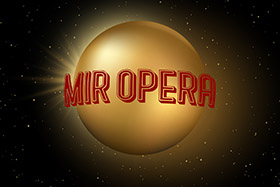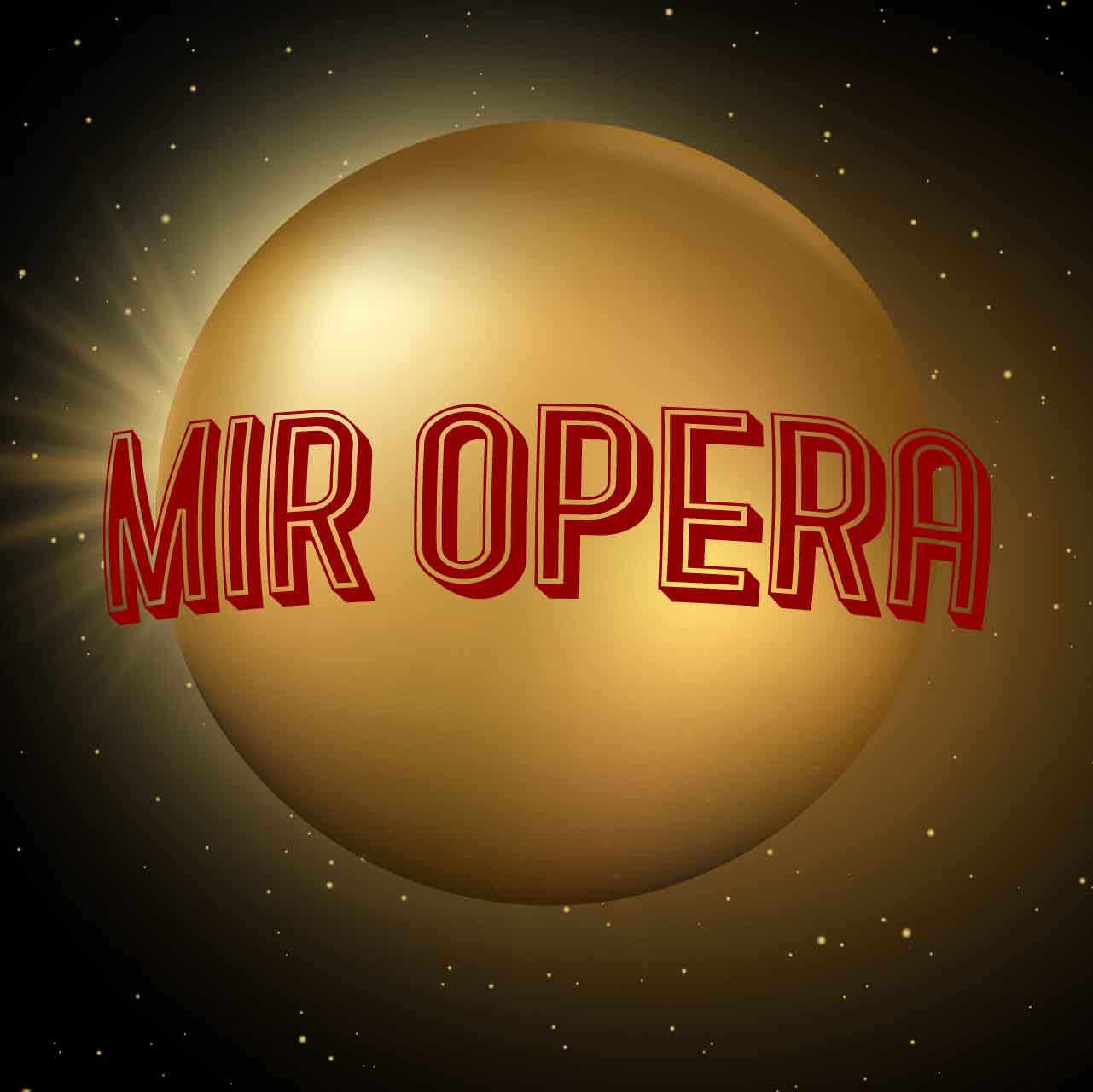MIR Opera
“Analysis and interpretative research of Verdi’s melodrama” Dino Rizzo
2021
Rigoletto - Il Trovatore - La Traviata
The objective of the training is to supply artists with a working method that provides them with in-depth understanding of Verdi’s melodrama, thus enabling them to achieve a personal interpretation that stays loyal to Verdi’s ideas. Unfortunately, the Maestro never wrote a Manifesto of his Art, despite often expressing disappointment in the way his work was executed. On 25 March 1875, Verdi wrote to Ricordi: “From my part, I state that no one has ever, ever, ever been able to extract all the effects I created… NOBODY!!! Never ever, not Singers nor Maestros!!”
For the whole production, Verdi entrusted his Art to the scores, making punctual notes of how situations, characters and their emotions were supposed to come to light. Soprano Barbieri Nini famously recounted that when rehearsing Macbeth at Florence’s Pergola Theatre in 1847: “after a nod from Verdi, Romani would approach him, and they would walk to the back of the stage, and looking at his notebook the composer would point at the spots where the execution was not as he wanted. “Tell me what I should do”, was the patient reply from Romani. However, Verdi rarely explained how he wanted it done. He would use a lot of gesturing, loud slaps on the book, slowing down or strengthening the tempo. Then, as if the two had had a long and persuasive explanation, Verdi would walk back saying: “Now you understand: this is the way”. And poor Romani had to torture his sharp intuition in order to understand, even when he did not truly understand, and be the interpreter for the orchestra and the singers”.
Still today, with his finger tapping the sheet music, Verdi asks to examine the content: plot, poetic text, melody, harmony and orchestration, and much more. Artists should not fear the deconstruction brought about by this detailed analysis of the music scores, because Verdi himself tells us what to do at the end of the study. Indeed, on 20 February 1871, he wrote to Senator Giuseppe Piroli: “From a singer, I would like to see: robust knowledge of the music; exercises on voice emission; long solfeggio training as in the past; voice training and clear, perfect pronunciation of the words. Then, before anyone can teach the singer the expected mannerism, I would like the young talented singer, with flexible and well-trained singing, to perform using only his feelings as a guide. This would be inspired singing, not school-taught singing. The artist would be an individual: he would be himself, or rather, the character of the melodrama he should be representing”.
In the analysis of Rigoletto, Il Trovatore and La Traviata, it is useful to remember Verdi’s own words: «years of jail». This expression is often mistakenly thought to refer to the 1842-1851 period only. In a letter sent by Verdi to Maffei on 12 May 1858, the Maestro used it to indicate a 16-year-long period, from 1842 to 1858, and therefore including Rigoletto, Il Trovatore and La Traviata. The “years of jail” were the time when Verdi felt that conventions, singers and censorship were holding him captive, forcing him to make practical compromises, to respect traditions built upon rules and procedures rewarding artisan skills, whereas he was looking for the originality of the artist-creator. Verdi was constantly striving for a personal style, even though within a tradition. Hence, we believe it necessary to distinguish the traditional sections of Italian melodrama from the innovative sections. It may seem strange, but the latter are based on re-visitations of musical habits that go even further back in time.
At the Venice première on 11 March 1851, critics dubbed Rigoletto the melodrama where Verdi ventured off ‘the style he had used until now’. The critic from Gazzetta Ufficiale di Venezia described the accurate use of the orchestra as the new language, where «the instruments do wonders; that orchestra speaks to you, cries to you, moves passion and concepts to the heart». The Gazzetta Piemontese critic held the same view (Turin, 18 February 1852): “This recent opera from Verdi marks a great aesthetic change in the compositions of the celebrated artist. Roaring metal instruments, bold transitions from subdued to stormy, and the defects of Verdi’s school, in Rigoletto have given way to the study of the musical phrase. In Rigoletto, Verdi is certainly more of a philosophic composer, when one looks at the aesthetic accuracy in the interpretation of the drama».
“Philosophic composer” is an expression that critics used at the time to indicate Maestros who had an intellectual relationship with music and used ancient traditions in their works. When the opera was staged in Milan, this manifested opinion of Verdi provoked the annoyed comment of a journalist from L’Italia Musicale (Milan, 19 January 1853) who clarified: «In Rigoletto , as many said over and again, the masterful Verdi truly adopted a new manner; however, let us be clear, a new manner for him, but not new for the art». The same view was echoed by a f

